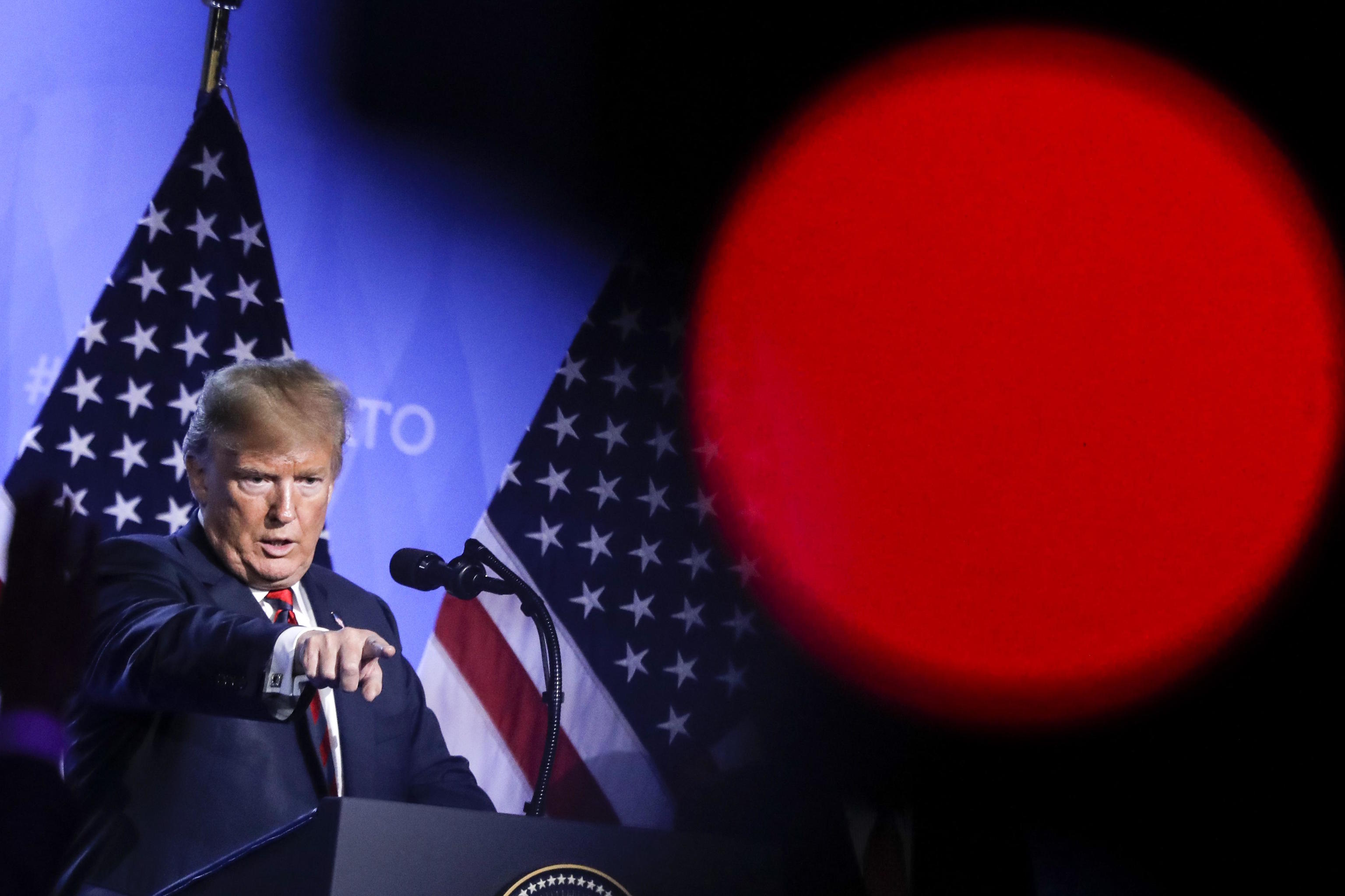After Donald Trump decided to go to war by bombing up to three nuclear plants in Iran, the European Union, through its High Representative for Foreign Affairs, has called on "all parties" to take "a step back" to avoid a new escalation in the Middle East. Therefore, Kaja Kallas has requested a return to the negotiation table, although she has positioned herself by stating that "Iran must not be allowed to develop a nuclear weapon, as it would pose a threat to international security." Her stance has been supported by Ursula von der Leyen, who, despite advocating for negotiation between the parties, wanted to be firm: "Iran must never acquire the bomb."
Pedro Sánchez, through a post on X, has followed this discourse to the letter by calling for "de-escalation" without criticizing Trump's attack and emphasizing that Iran "must never have access to nuclear weapons." Nevertheless, he has called for the resumption of a negotiation table, "with full respect for International Law," which should serve as a "diplomatic solution to establish a comprehensive framework for peace and security for all."
This message contrasts with China's strong condemnation of the attack by the United States. "The bombing of the facilities, which were under the supervision of the International Atomic Energy Agency, seriously violated the United Nations Charter and its principles," read a brief statement released on Sunday night (local time).
Beijing has been presenting itself as a superpower all week to offer its mediation in the conflict. "China is willing to work with the international community to uphold justice and restore peace and stability in the Middle East," continued a statement that came hours after Donald Trump announced a "spectacular military success" following the US military's airstrikes.
"The situation in the Middle East is very critical. It once again demonstrates that the world has entered a new era of turbulence. If the conflict escalates further, the entire region will suffer greatly," said Chinese leader Xi Jinping a few days ago during a phone call with his Russian counterpart, Vladimir Putin.
Russia, in turn, shares China's condemnation as another strategic partner of the Iranian government. Therefore, Putin himself will welcome the Iranian Foreign Minister, Abbas Araghchi, to the Kremlin to discuss what happened. Additionally, as opposition shows, the Vice President of the Security Council of the Russian Federation, Dmitry Medvedev, referred to Trump as the president who "came as a peacemaker and has initiated a new war for the United States."
Like Sánchez, the rest of the European representatives have also supported this commitment to peace, but without forgetting that "Iran cannot have access to nuclear weapons." This is what British Prime Minister, Keir Starmer, expressed, who welcomed the United States taking "measures" to "mitigate" the risk posed by the Persian country. "Iran's nuclear program is a serious threat to international security. Iran must never be allowed to develop a nuclear weapon and the United States has taken steps to mitigate this threat," he stated in a post on X.
In this regard, the British leader added that the situation in the Middle East remains unstable, so he urged Iran to "return to the negotiation table and reach a diplomatic solution to end this crisis."
From Germany, Friedrich Merz, has urged Iran to engage in "immediate" talks with the United States to find a diplomatic solution. The Chancellor, as indicated by his spokesperson, will "closely coordinate" with his partners to determine the steps to be taken during the day.
Vox, on the other hand, has clearly welcomed Donald Trump's decision to initiate the bombing, something that all his predecessors in office had marked as an insurmountable red line in the conflict with the Middle East. The deputy spokesperson of the green party in Congress, José María Figaredo, considers it "great news," as this specific measure cuts off the possibility of "a terrorist theocracy" having nuclear weapons.
Numerous Arab countries have condemned the attack, considering it "a serious threat to security and peace in the Middle East and exposing regional stability to serious risks." This is how the spokesperson for the Government of Iraq, Basem al Auadi, expressed it in a statement to the official Iraqi news agency INA, recalling that "major powers and international organizations must avoid new crises in the world, not provoke them."
Saudi Arabia and Qatar also shared their "concern" over the US attack and both advocate for "redoubling efforts in these extremely delicate circumstances to achieve a political solution." The United Arab Emirates, in a similar tone, has called for "immediate de-escalation" to "avoid serious repercussions in the region."
From Lebanon, Joseph Aoun, its president, has rejected a new conflict in the area and has called for "constructive negotiations" to begin and "avoid more deaths and destruction." Likewise, the Ministry of Foreign Affairs of Oman has condemned the "illegal aggression" and demanded "immediate and complete de-escalation," recalling that the United Nations Charter prohibits the violation of states' national sovereignty and their legitimate right to develop their nuclear programs for peaceful purposes, subject to the supervision and monitoring of the International Atomic Energy Agency (IAEA).
